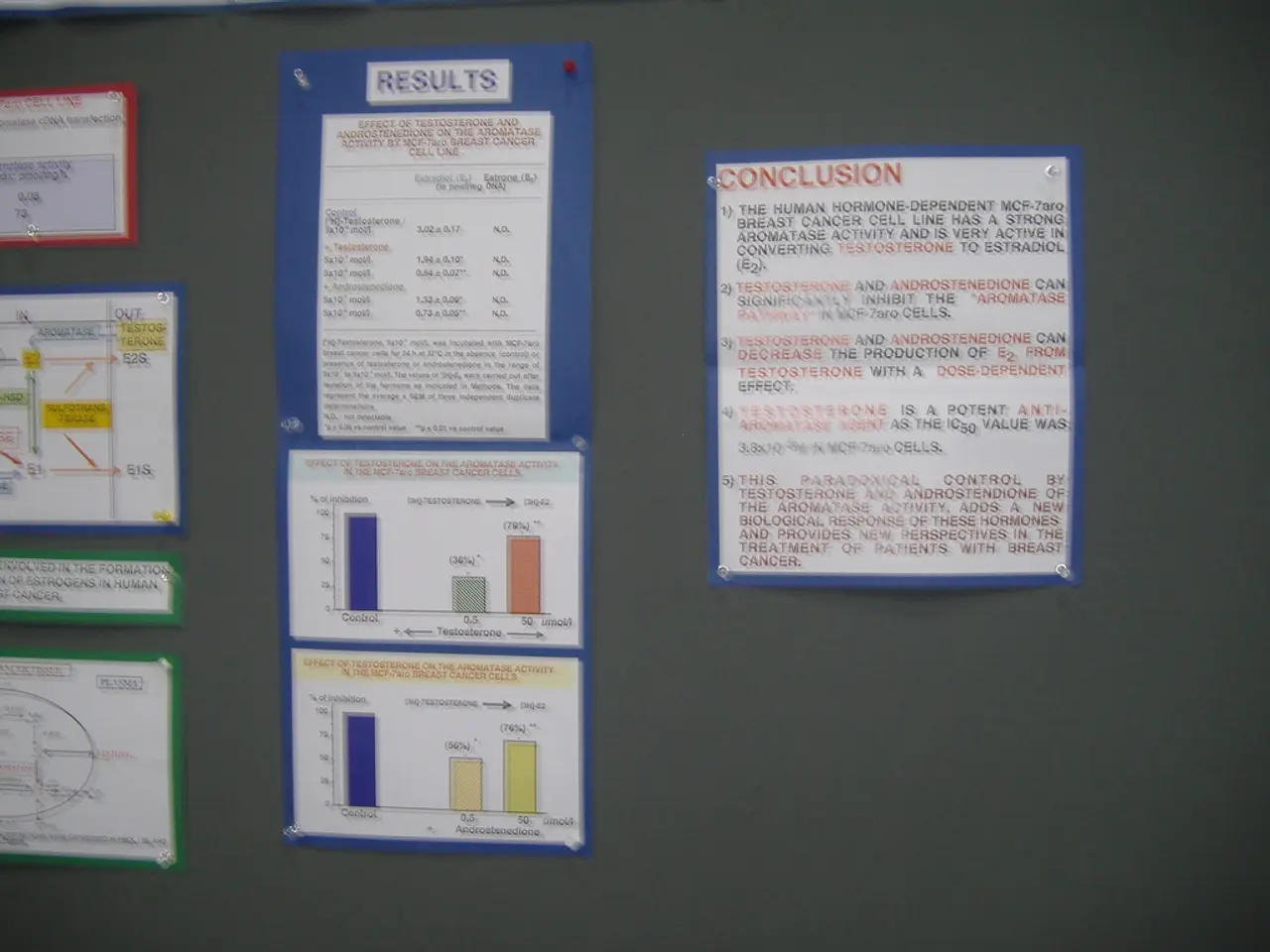Production Contract for Music Recording
=====================================================================
In the world of music, a Master Services Agreement (MSA) is a crucial legal document that outlines the terms between artists and companies. This article will break down the key components of a typical MSA in the music industry.
Definitions
The MSA begins by defining important terms used throughout the contract, such as "Mechanical Royalties," "Net Sales," "Recording Costs," and "Territory," to ensure a common understanding between the parties involved.
Engagement
The scope of services or deliverables, such as music production, distribution, or performance, is specified, along with the artist’s obligations, including control over their creative work or live performance conditions.
Budget/Advance
Any upfront payments or advances provided, including how and when they are paid, often related to production or marketing budgets, are detailed in this section.
Production Costs
Responsibility for costs related to recording, producing, or distributing music is outlined, typically defining what counts as "Recording Costs" and how these are recouped or paid back.
Company’s Rights
The rights granted to the company, such as distribution rights, rights to exploit masters, sync licensing, or sublicensing, including the territory and term, are defined.
Royalties
The calculation and payment of income from sales, streaming, public performance, and mechanical royalties are specified.
Warranties and Representations
The parties assure each other of their authority to enter the agreement and the originality or ownership of the content involved.
Confidentiality
Proprietary information and trade secrets shared during the relationship are protected from unauthorized disclosure.
Legal and Equitable Relief
Remedies available to parties in cases of breach, such as injunctions or specific performance, are stated.
Cure Period
A timeframe during which a breaching party can remedy the breach before further action is taken is provided.
Credit Provisions
How artists, producers, and contributors will be credited in any released materials or promotions is specified.
Indemnity
The parties protect each other against losses or claims arising from breaches or unauthorized use.
Notices
How official communications under the agreement must be delivered and when they are considered effective are defined.
Miscellaneous
General contract provisions such as governing law, dispute resolution, assignment, entire agreement clause, and amendment requirements are included.
These elements create a framework that balances obligations, protects rights, and clarifies financial arrangements in music industry collaborations. The exact structure and detail level can vary depending on the type of MSA, but the above components represent a common industry baseline.
In the realm of finance, one might draw a parallel to the Music Industry's Master Services Agreement (MSA), as both involve key terms and financial arrangements. The MSA section on Budget/Advance, for instance, can be likened to a business's budget planning or investment funding, outlining upfront payments and financing details. Similarly, the Royalties section specifies income distribution, mirroring a business's profit sharing or revenue allocation structure.




